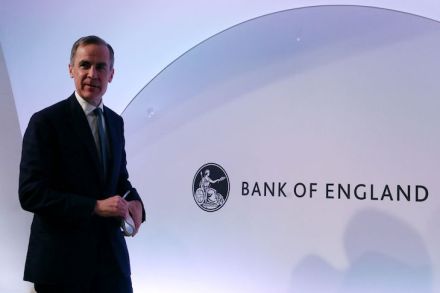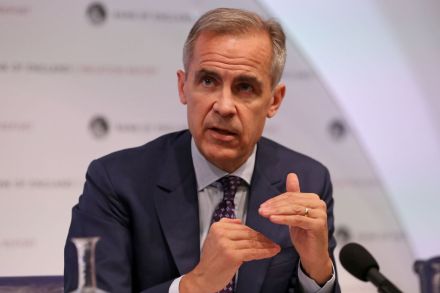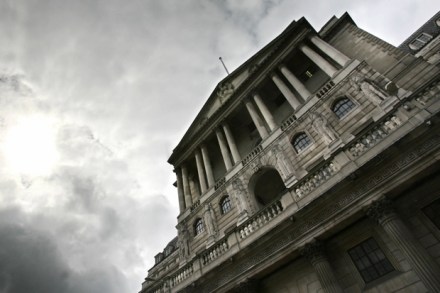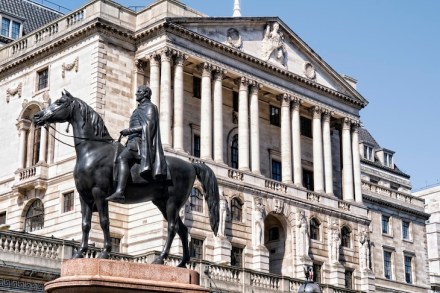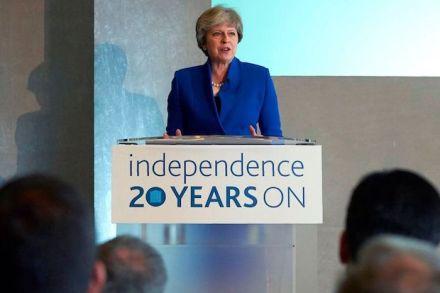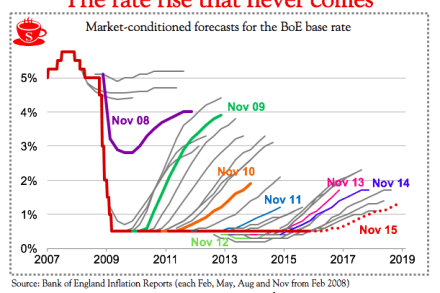Helena Morrissey: my manifesto for the next govenor of the Bank of England
The start of term at Oxford University is bittersweet for the close-knit Morrisseys; we have just ‘lost’ three offspring to their undergraduate studies. Dropping them off at their colleges (Wadham, Christ Church and Keble, with another Morrissey at All Souls), my husband Richard and I felt a little wistful as well as proud. Every year we observe the striking diversity of the students in every sense bar one: they all seem very clever. Oxford is getting something right — broadening accessibility by contextualising offers, while unashamedly sticking to high standards. This is helping it maintain its crown as Britain’s highest-ranked university, one of four in the global top ten (the




